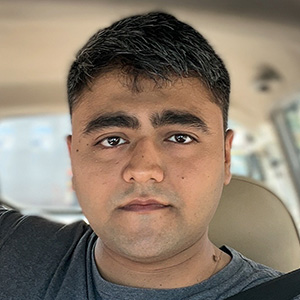In memoriam: Andrew Wright
Andrew Wright, a biochemist who studied cell cycles and spent almost five decades at Tufts University, died Oct. 9, 2023. He had been a member of the American Society of Biochemistry and Molecular Biology since 1971.
Born in Portobello, Scotland, on Jan. 28, 1935, to Annie and William Wright, he completed his B. S. in chemistry from Heriot–Watt University where he met Greta Landles. They married, and he earned his Ph.D. in biochemistry at University of Edinburgh.
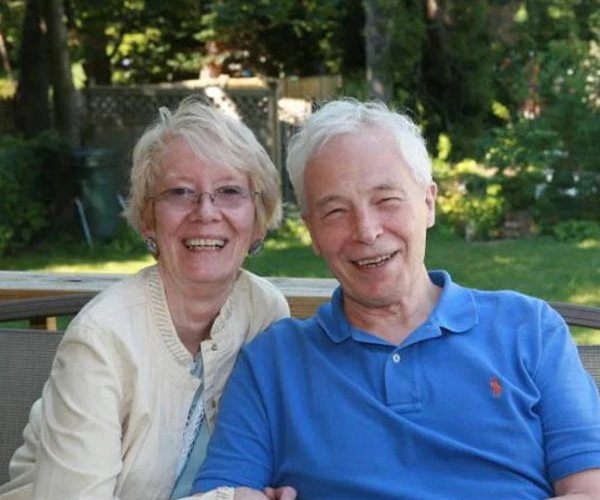
Wright took a research position at Honeywell in Minnesota, and the couple moved to the United States in 1960. In 1963, after adopting their first daughter, Fiona, the Wrights moved to Boston, where Wright took a postdoctoral position at the Massachusetts Institute of Technology. He joined the Tufts faculty as an associate professor in the microbiology department in 1967 and retired in 2014 as professor emeritus in the Graduate School of Biomedical Sciences.
In 1996, Wright received a Distinguished Faculty Award from Tufts University. He worked abroad at labs in Israel, Japan and Denmark, and he received the Newton-Abraham Visiting Professorship at Oxford University in 2005.
Wright’s research interests covered many areas, starting with O-antigen conversion by lysogenic phage. He then diversified into DNA replication and transcriptional regulation along with microbial pathogenesis, namely E. coli. In the later stage of his career, Wright worked on cell growth throughout cell cycles and generations of bacterial cells. This work revealed long-term stability of growth in E. coli where the mother cell and daughter cells exhibit weak correlation between two consecutive cell cycles. In simpler terms, his study showed that cells forget how fast they were growing in the previous cell cycle.
Wright was a core member of his department and mentored hundreds of students throughout his career. To honor his legacy, a former student, Fariba Houman, now a research compliance officer at Boston Children’s Hospital, started the Andrew and Greta Wright Fund, which supports trainees in the microbiology program at Tufts.
In an article about the fund, Houman recalled Wright’s support before a presentation of her graduate research. “Andrew spent the entire session before my presentation walking with me and saying, ‘It’s okay. I get nervous, too,’” she said. “For him, a high-level scientist, to take the time to be with me and calm my anxiety was a powerful lesson in true mentorship.
Outside of lab, Wright’s interests included Scottish country dancing, rugby, and mountain climbing. In his younger years, he was an avid rugby fan and the founder and captain of the Boston Rugby Club.
Enjoy reading ASBMB Today?
Become a member to receive the print edition four times a year and the digital edition monthly.
Learn moreGet the latest from ASBMB Today
Enter your email address, and we’ll send you a weekly email with recent articles, interviews and more.
Latest in People
People highlights or most popular articles
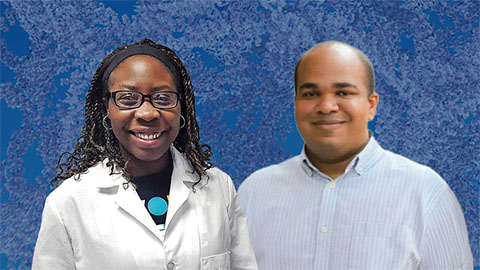
Cedeño–Rosario and Kaweesa win research award
The award honors outstanding early-career scientists studying cancer, infectious disease and basic science.
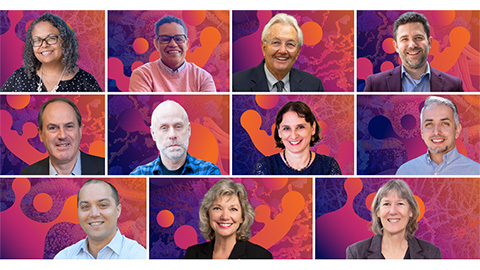
ASBMB names 2026 award winners
Check out their lectures at the annual meeting in March in the Washington, D.C., metro area.
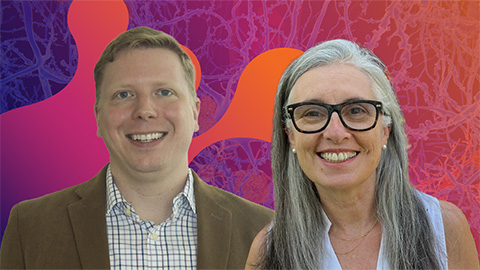
Peer through a window to the future of science
Aaron Hoskins of the University of Wisconsin–Madison and Sandra Gabelli of Merck, co-chairs of the 2026 ASBMB annual meeting, to be held March 7–10, explain how this gathering will inspire new ideas and drive progress in molecular life sciences.
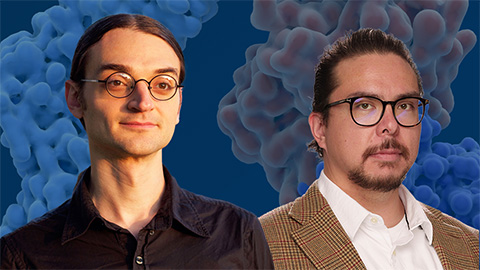
Castiglione and Ingolia win Keck Foundation grants
They will receive at least $1 million of funding to study the biological mechanisms that underly birds' longevity and sequence–function relationships of intrinsically disordered proteins.

How undergrad research catalyzes scientific careers
Undergraduate research doesn’t just teach lab skills, it transforms scientists. For Antonio Rivera and Julissa Cruz–Bautista, joining a lab became a turning point, fostering critical thinking, persistence and research identity.
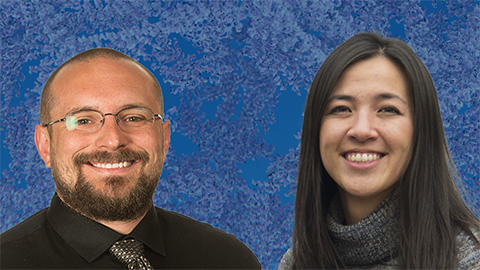
Simcox and Gisriel receive mentoring award
They were honored for contributing their time, knowledge, energy and enthusiasm to mentoring postdocs in their labs.

